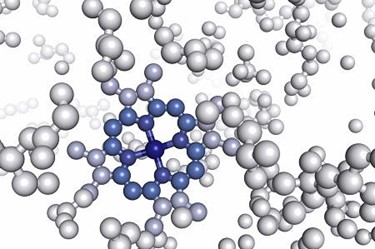Introduction to Chromatography for Protein Purification
Mark Snyder, Ph.D., Manager, Process R&D Applications Group, Process Chromatography Division, Bio-Rad Laboratories

Process-scale protein purification is an essential part of modern drug development. Today’s biopharmaceuticals include monoclonal antibodies (mAbs), polyclonal antibodies, signaling proteins, fusion proteins, blood factors, and other types of proteins. Whether these proteins are produced by recombinant DNA technology or extracted from sources such as plasma, they need to be highly purified — and the purification process must satisfy a variety of regulations.
Chromatography is used to separate or purify proteins according to differences in their specific properties, such as charge, hydrophobicity, specific ligand recognition, and size. The usual objective of a process-scale purification workflow is to obtain a large amount of protein at sufficient purity in a cost-effective way. Process-scale resins must have specific qualities to meet this objective. In some cases, a purification workflow is developed for a single protein; in other cases, it is developed as a platform for the purification of a group of related proteins.
Get unlimited access to:
Enter your credentials below to log in. Not yet a member of Bioprocess Online? Subscribe today.
